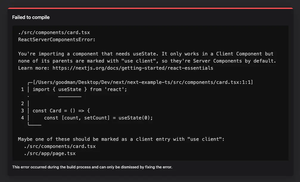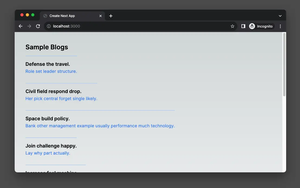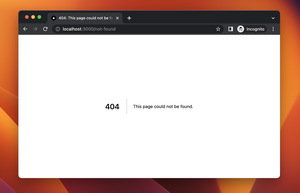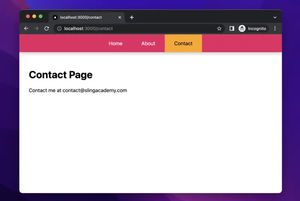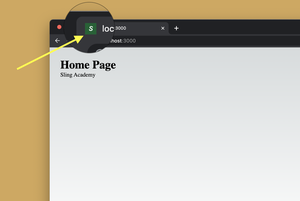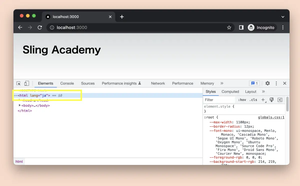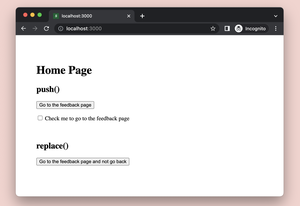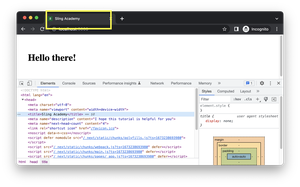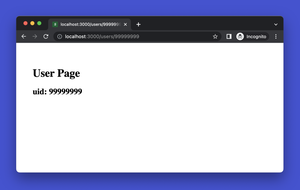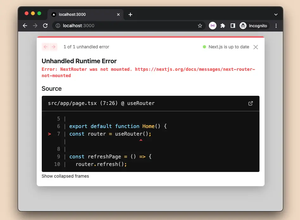Dealing with errors during development can be challenging, yet overcoming them is essential for project advancement. In Next.js, one such error that you might encounter is the ‘Failed to load SWC binary’ message. This error typically signifies an issue with the SWC, which stands for Speedy Web Compiler, a Rust-based platform that Next.js uses to provide super-fast builds and compilations. Understanding the root causes and addressing them effectively is key to resolving this issue.
Understanding the Error
The ‘Failed to load SWC binary’ error can be attributed to several factors, such as corrupted node modules, an incompatible Node.js version, or issues with the Next.js installation. SWC binaries are native add-ons that need to be properly compiled and installed depending on your system and Node.js version. Thus, inconsistency or corruption in any of these aspects can lead to problems in loading the SWC binary.
Solutions
Ensuring Node.js Compatibility
The first step towards resolving any issue regarding the SWC binary is to check your Node.js version. Next.js generally supports active Node.js releases that are in ‘Maintenance LTS’ or ‘Active LTS’ and not in the ‘End-of-life’ phase. If your version is outdated or incompatible with the version of Next.js you are using, updating Node.js to a compatible version could solve the problem.
Reinstalling Node Modules
If your Node.js version is compatible, the next approach involves the reinstallation of node modules. Cache or minor corruption in the node modules can cause failures. Delete your node_modules directory and the package-lock.json or yarn.lock file, and then run a fresh install using your package manager, which will rebuild all binaries, including SWC.
Installing Correct Version of Next.js
Ensure that you are using the correct version of Next.js to abstain from compatibility issues. If you’ve accidentally installed the wrong version, or are upgrading from a previous version of Next.js, you will need to modify your package.json file to reflect the correct version and run the installation command again.
Try using a Different Package Manager
Sometimes, using a different package manager can also resolve native binary issues. If you’re using npm, for instance, you can try using Yarn instead, or vice-versa. This can help if the issue is related to the package manager’s caching strategy or the way it handles native modules.
Upgrading Next.js
As you’re using Next.js 13 or newer, keeping your framework up to date is crucial. Newer releases come with updates and potential fixes for previous issues, including SWC binary-related ones. Run an update to the latest version by modifying the Next.js version number in your package.json and reinstalling node modules.
See alos: How to Upgrade an Existing Next.js Project.
Consult the Documentation
As a final approach, refer to the Next.js official documentation and community forums. The issue you’re encountering could be a well-known one, and solutions or workarounds might have already been supplied by the maintainers or the community. Moreover, if an SWC-related issue persists through this, you may want to check for open issues or contribute a new one on the Next.js GitHub repository.
By following the insights offered here, developers can effectively tackle the ‘Failed to load SWC binary’ error they might face with Next.js 13 or newer. Remember that errors like these can often be resolved through updating software versions and ensuring clean installations, allowing for smoother development experiences.


